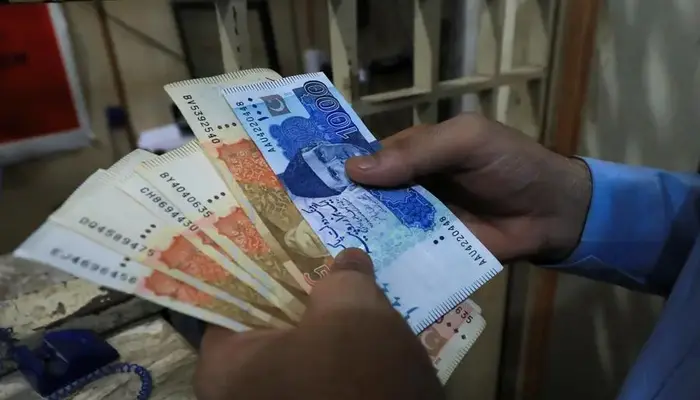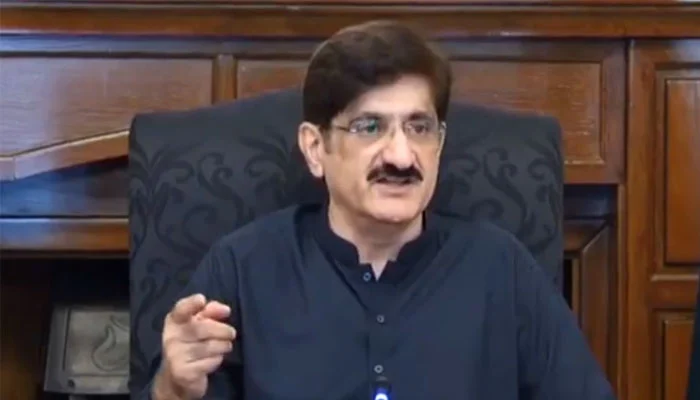
The recently passed 26th Constitutional Amendment Bill, 2024, has set a firm deadline of January 1, 2028, to eliminate interest-based banking (Riba) in Pakistan. The decision reflects a major shift towards an Islamic banking system, in line with religious principles. Moreover, the Jamiat Ulema-e-Islam-Fazl (JUI-F), led by Maulana Fazl-ur-Rehman, played a pivotal role in pushing for this amendment.
Amendment to Article 38 Clause (f)
The Senate approved a crucial amendment to clause (f) of Article 38, which focuses on promoting social and economic well-being. Previously, the clause stated that the government should eliminate Riba “as early as possible.” The new wording sets a specific target: to abolish Riba “as far as practicable, by the 1st of January, 2028.” This adjustment marks a significant policy change, offering a clear deadline to phase out interest-based financial systems in the country.
Federal Shariat Court’s Ruling on Riba
The Federal Shariat Court had already issued a ruling in 2022, giving the government five years to implement an Islamic, interest-free banking system. Justice Dr. Syed Muhammad Anwer, leading a three-member bench, declared that the abolition of Riba is fundamental to an Islamic economic system. Therefore, the court made it clear that all transactions involving Riba are unlawful under Islamic law, including interest on government loans.
The court’s ruling emphasized that Riba must be eliminated not just from private sector banking, but also from public sector transactions. Thus, it includes loans from international institutions like the International Monetary Fund (IMF) and the World Bank. The court firmly stated that all such transactions must be interest-free to comply with Islamic principles.
Read: Pakistan Must Appoint New Chief Justice by October 22
State Bank of Pakistan’s Response and Action Plan
In response to the Federal Shariat Court’s ruling, the State Bank of Pakistan (SBP) has been working to transition the country’s banking system towards Shariah compliance. According to the SBP Governor’s Report for 2023-24, the bank has taken steps to establish a digital retail Islamic bank and promote Shariah-compliant digital banking through Islamic window operations. The SBP is working closely with the government and other stakeholders to implement the court’s judgment.
A high-level “Committee for the Transformation of Conventional Banking into Islamic” has been formed to oversee this transition. The committee is reviewing existing domestic laws and aligning them with international best practices. The SBP is also assessing the current regulatory framework and conducting awareness sessions to educate stakeholders on Islamic banking and finance.
Moving Towards an Interest-Free Economy
The shift to an interest-free banking system is a significant challenge for Pakistan’s economy. However, the government and the SBP wants to ensure smooth implementation of the new system by the 2028 deadline. Thus, with clear guidance from the Federal Shariat Court and a coordinated effort among key institutions, Pakistan will become one of the few countries to fully transition to an Islamic banking model, free of interest-based transactions.
This transformation can reshape the country’s financial landscape, bringing it in line with Islamic economic principles.
Follow us on Google News, Instagram, YouTube, Facebook,Whats App, and TikTok for latest updates












